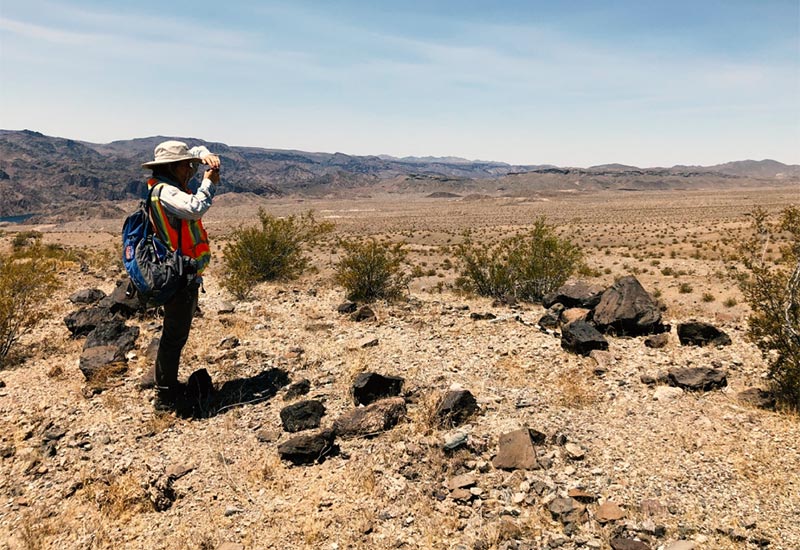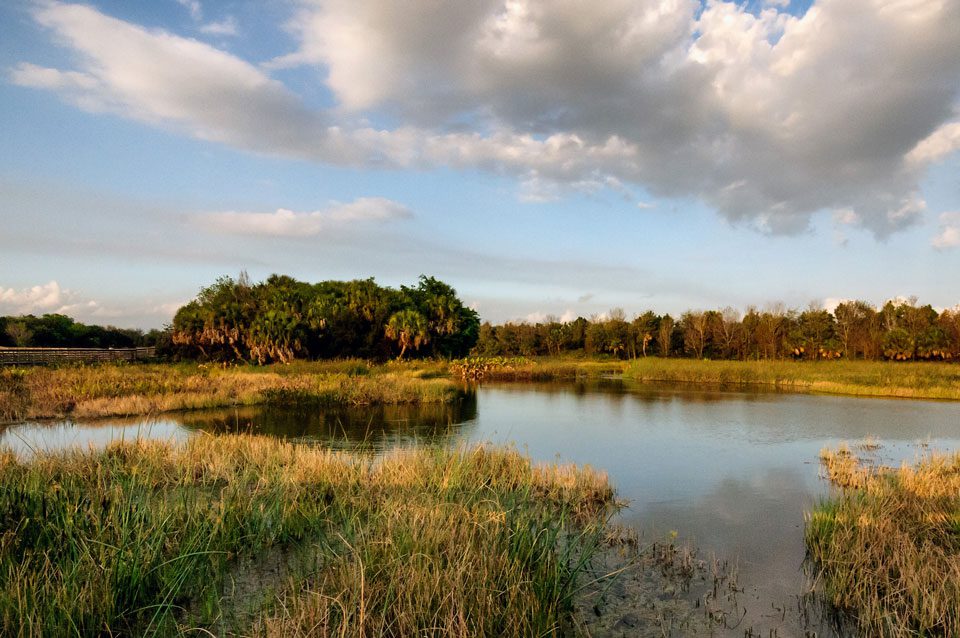On February 26, Florida filed a motion for a limited stay of a Washington, D.C. District Judge’s order invalidating Florida’s assumption of the Clean Water Act (CWA) Section 404 permitting program. In response, the U.S. Environmental Protection Agency (EPA), U.S. Army Corps of Engineers (USACE), and U.S. Fish and Wildlife Service (FWS) filed a supplemental brief countering that such a limited stay as envisioned by the Court, which would split pending 404 permit applications between Florida and the USACE based on whether the permit application’s corresponding project “may affect” endangered species per our previous article, is infeasible, in no small part because the CWA does not allow for state assumption of a partial, rather than a full and comprehensive, 404 permitting program.
This development stems from the Judge’s recent ruling upholding a 2021 legal challenge to the EPA’s approval of Florida’s assumption of the CWA Section 404 permitting program (a 404 permit may be needed when infrastructure development and related land use occurs in or results in impacts to jurisdictional Waters of the United States, or WOTUS). In the ruling, the Judge agreed with the Plaintiff’s complaint that the basis for the EPA’s approval, and by extension the State’s assumption of the program, was legally unsound on multiple levels, and gave the administrative agencies 10 days to request a limited stay of the ruling, with the caveat any such stay would not apply to permits that “may affect” endangered species.
This motion is Florida’s attempt to swiftly regain the authority for the next six months to process without undue complication the estimated one thousand-plus 404 permit applications (an estimated 85% of all 404 permits) concerning projects that 1) for all intents and purposes, are not expected to impact endangered or threatened species, 2) are inherently irrelevant to the core complaints upheld in the Judge’s ruling, and 3) in many cases are stated as benefiting the environment and/or the public (e.g., water quality restoration or renewable energy projects). This multifold motion for a limited stay requests that certain 404 permit applications that may affect listed species be exempt from the Judge’s recent ruling and remain under Florida’s authority; this includes projects wherein an additional federal action triggers ESA Section 7 consultation, or where the applicant chooses to obtain a Section 10 “incidental take” permit. In addition, Florida has also requested in the limited stay the Court grant it the authority to enforce Section 404 violations within the State’s assumed waters.
The Federal government’s response, via the EPA, USACE, and FWS, maintain that having the program, amended to the requested limited stay, be split such that the USACE processes only permit applications that “may affect” listed species and Florida processes all other permits would conflict with the CWA’s declaration that “[p]artial State programs are not approvable under Section 404,” and therefore the very nature of the limited stay the Court would entertain is “impractical and unlawful.”
Florida has responded to this latest communication from the EPA, USACE, and FWS that among other things, the limited stay proposal provides an additional option akin to the process used by New Jersey and Michigan, which also have assumed Section 404 programs. Under this option as outlined by Florida, the State would process all 404 permit applications for assumed waters, rather these permit applications being “federalized” or transferred to the USACE for processing. Therefore, this resolves the split nature of multi-agency processing and “partial assumption” stated as unacceptable per the CWA and cited by the federal agencies. Under this proposed approach, Florida would continue to process all “may affect [listed] species” permits, unless situations during permit processing such as Florida refusing to adopt conditions imposed by EPA and/or failing to address concerns from federal agencies arise.
If the Judge grants Florida’s motion for a limited stay, this means Florida can do one of the following two things:
- Resume processing 404 permit applications for assumed waters, with the exception of permits that “may affect” listed species.
- Or, resume processing all State 404 permits consistent with the New Jersey-Michigan model.
Florida is asking that either form of limited stay be in place for at least six months with the possibility for extensions. If the Judge sides with the federal defendants in rejecting the limited stay, however; the Corps will continue to have full 404 permitting authority in Florida for the foreseeable future.
Headway Environmental is continuing to actively monitor this important situation and will post further updates as they occur.

